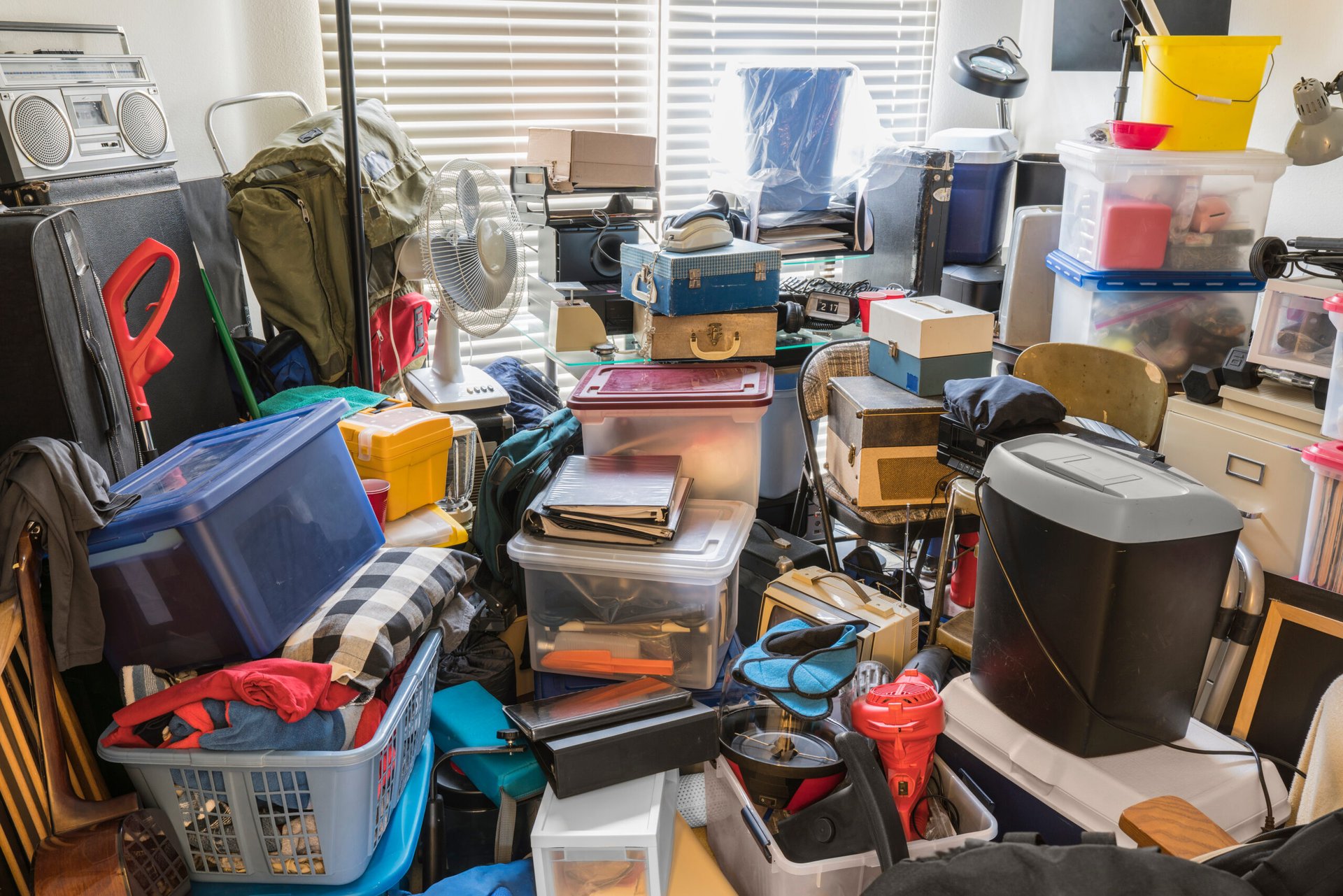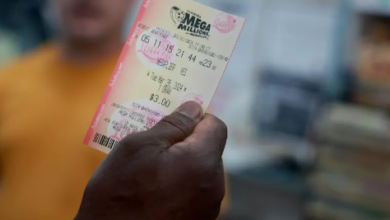11 Tips to Manage a Successful Estate Auction


If you’re like me, your parents’ home is a comforting catch-all. It houses memories, mementos and at least two or three generations’ worth of stuff.
But when it’s time to downsize, the sheer volume of objects can be staggering. Where do you begin? Where does everything go?
Over the summer, my family and I decided to sell my mom’s house — home base since 1983. But first, we had to liquidate about 90% of everything in it. We hired a local auction service and went to work organizing, reminiscing and purging.
Taking notes throughout that 10-week adventure, I compiled a list of tips to guide families through this complicated time. Here are numerous tips to prepare for and manage a successful estate auction.
1. Call a family meeting

Liquidating the family home — whether yours, your parents’ or in-laws’ — is a big deal. The decision usually coincides with other seismic events such as losing a loved one or moving elderly family members into a care facility.
Take a moment to talk everything over. Discuss the process, write down questions for the auction service, and determine if and how sentimental items will be divided among friends and family beforehand. That last point is an important one — clear rules will help avoid squabbles.
2. Choose an auction service

The biggest benefit of auction service is that everything is taken care of (after you’ve spent weeks preparing, of course). Standard services include:
- Appraisals: Many larger companies have appraisers on staff to help establish price estimates and reserves.
- Venue rental: For events off-site, the auction service will choose and reserve the space.
- Advertising: Staff will place ads in local papers, on their social media channels, and in relevant collector/hobbyist publications.
- Moving and set-up: Hourly workers will transport items and handle set-up at the venue.
- Collecting payment: Clerks will track who buys what and collect payment on the same day.
- Clean-up: Most auction services donate unsold items to local charities. Anything you choose to keep will be your responsibility to retrieve.
- Issuing payment: Clerks usually issue payment in seven to 10 business days after the close of the auction. Applicable tax documents will also be included.
I prefer local auction services that know the area and people well. Expect to pay a commission rate of 10%-15% on the gross sale amount. And don’t be surprised if venue rental, advertising and hourly labor costs are extra.
3. Establish a (generous) schedule

Think you’ll need a month to get everything ready? Double it. Though timing depends, in part, on the auctioneer’s schedule, err on the side of more time, not less.
Remember, preparing for an auction can be physically and emotionally taxing. Every object holds a memory. Don’t rush if you don’t have to.
4. Divide tasks

Have a team of friends and family willing to pitch in? Lucky you! Tap into each person’s strengths by loosely assigning duties.
One person can collect boxes and packing materials, another can manage cleaning and organizing, and a few others can move unwieldy items up and down stairs. But remember, keep it casual. You’re a coach, not a drill sergeant.
5. Secure valuables

In the controlled chaos of preparing for an estate auction, things can easily get lost. Before you begin, designate an area to secure valuables.
We stashed old coins, jewelry and important papers in a seldom-used kitchen cabinet. Everyone knew that space wouldn’t be touched and the contents would be safe.
6. Set up a staging area

No matter how careful you are, liquidating an entire household creates a big mess. I cleared out our double garage and used the space as a staging area with distinct sections for:
- Boxed items and furniture ready for auction
- Items to be donated to charity
- Mementos reserved for friends and family
- Items destined for the recycling center or landfill
The separate space not only kept the house functional, it also helped us track our progress as auction day approached.
7. Clean everything

I factored cleaning time into my schedule simply because I think clean items sell better. But if you’re liquidating a house that’s packed to the rafters, that level of detail may not be possible. Don’t sweat it. Serious bargain hunters aren’t afraid of a little dust.
8. Set reserves

When you set a reserve price on an auction item, you specify the minimum price you’re willing to accept for it. If bids don’t reach or surpass that figure, the item will not be sold.
Reserves work best for high-value items. Auctioneers may tell bidders that a reserve price has been set, but typically don’t divulge the amount.
9. Write the sale bill and take photos

No one knows your stuff better than you do. Though writing the sale bill is usually handled by the auction service, I wrote a draft that the auctioneers could work from. Briefly highlight the details of important pieces (it’s not just an “antique rifle,” it’s a “1956 Belgian-made Browning A5 rifle”).
And remember, pics sell products. During the prep process, take clear photos of big-ticket items. Auction services rely on these for online advertising and to spark the interest of remote bidders.
10. Advertise, advertise, advertise

Speaking of advertising, too much is never enough. Though most auction companies cover the basics, don’t stop there. I called collector friends, posted on my personal social media pages, printed additional sale bills, and paid for two 15-second radio commercials. Sounds like a lot, but my total investment was only $32.
11. Show up on auction day

This tip might seem obvious, but not everyone is eager to watch family possessions sold off one by one. I attended our auction solely to make sure reserve prices weren’t overlooked in the fast-paced bidding process.
Being on-site also gives buyers the chance to ask questions about specific items. Be ready to field inquiries like, “Where did you buy that sofa? Is this quilt hand-stitched? How long does the electric leaf blower hold a charge?”
Source link





